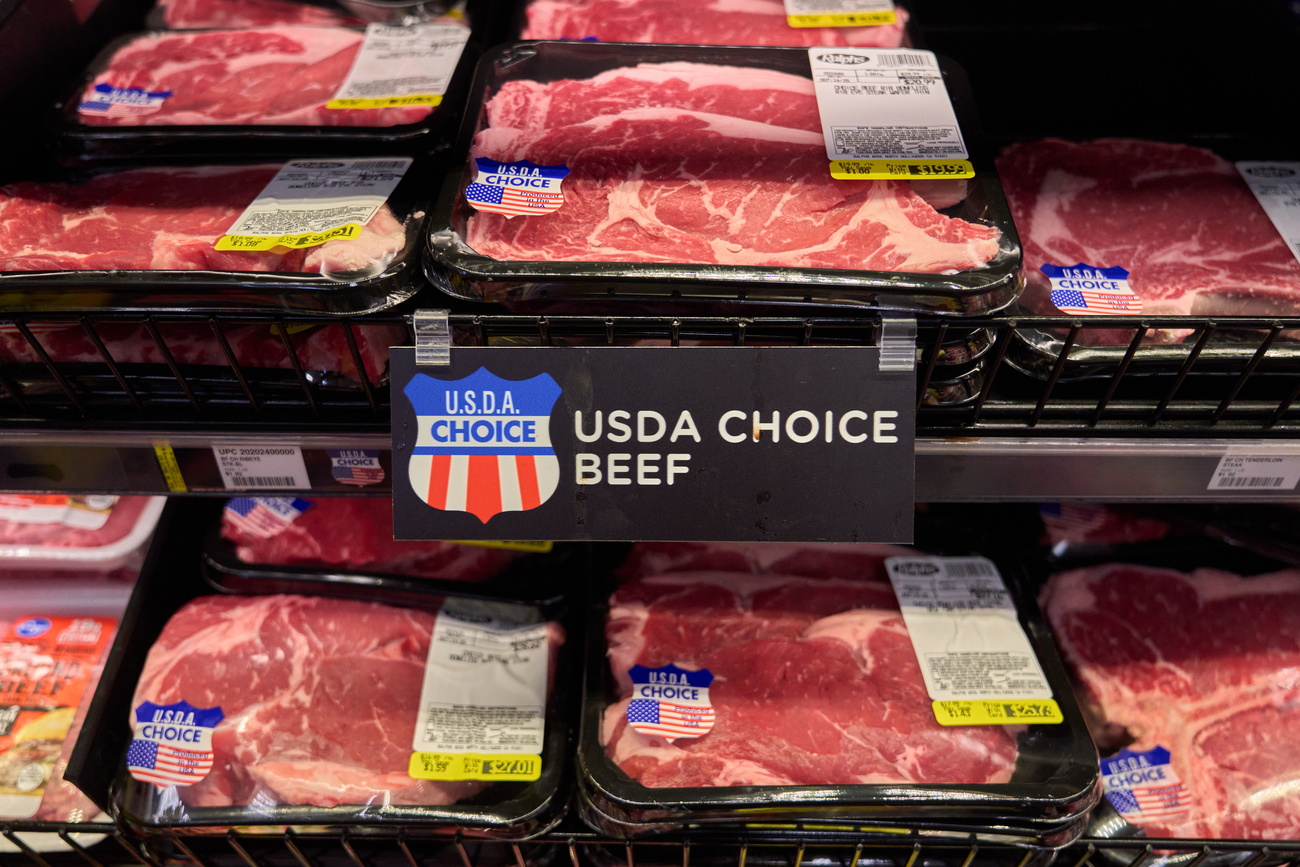
Syrian women seek voice at Geneva talks

Peace will not come to Syria without including the voices of women in negotiations, Syrian women and activists from other countries told a roundtable meeting in Geneva on Tuesday.
“Are Geneva II peace talks? I don’t think so…if they were civil activists and women would be at the table. There will be no peace in Syria without civil society. The organisers know that,” Rim Turkmani, chair of the Syrian non-governmental organisation Madani, told a packed room of women’s peace activists at the Geneva-based Graduate Institute on Tuesday.
Zozan Alosh, a Kurdish woman, echoed this: “They don’t want women at the peace negotiation table as they sense that women will solve the problem. I don’t think they want to solve the problem. One of the main reasons this crisis is carrying on is the trade at the expense of Syrian people and especially women.”
So-called Geneva II talks are set to begin on Wednesday in Montreux, with high-ranking delegations from the United States, Russia and close to 40 other countries attending. Face-to-face negotiations between the Syrian government and its opponents – the first of the uprising – are to start Friday in Geneva.
United Nations Security Council Resolutions 1325 and 2122 and the previous Geneva I talks call for the full inclusion and engagement of women in peace processes. The final composition of the Syrian delegations going to Switzerland has yet to be made public.
But currently only one woman, Suhair Al-Atassi, from a political family from the city of Homs with a long history of opposition to Assad family rule, is expected to attend for the coalition. There is no news from the government delegation so far.
“Geneva II is awash with masculinity,” said Madeleine Rees, Secretary General of the Women’s International League for Peace and Freedom. “I had no idea it was so hard to get our foot in the door.”
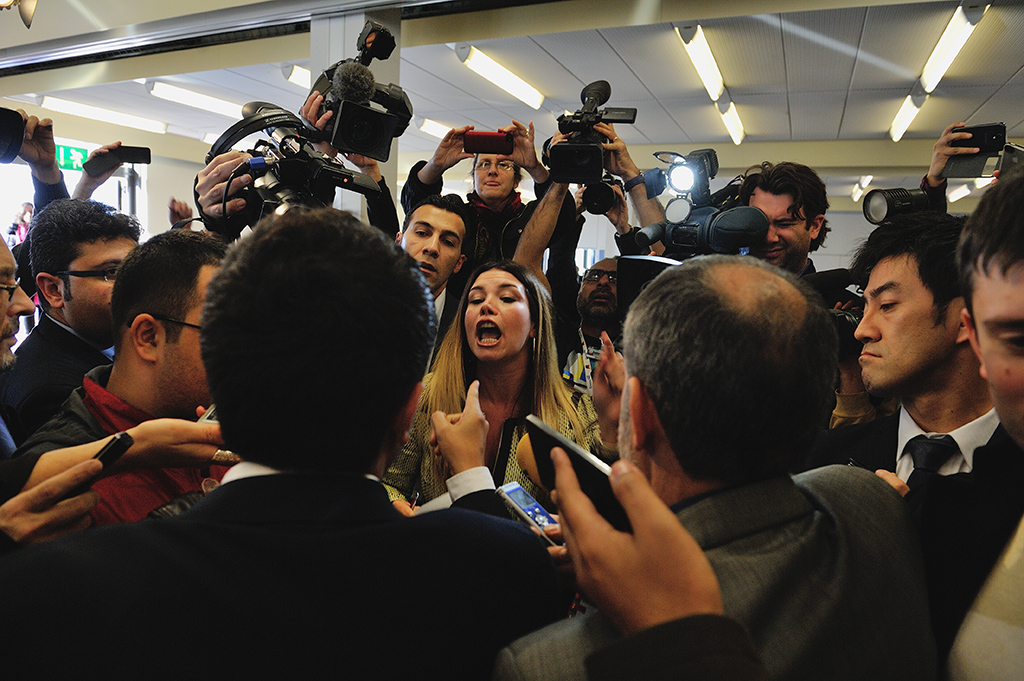
More
Syria peace talks kick off in Montreux
Reshaping the future
Her organisation helped 50 women from inside and outside Syria take part in a two-day preparatory meeting last week in Geneva convened by UN Women and the government of the Netherlands to feed ideas into the process.
Following that meeting, the participants issued a statement calling for support of the political process, urging all parties to transcend their differences to reach an agreement for a free, pluralistic and democratic Syria that respects human rights, including the rights and equality between men and women. They also called on decision-makers to respect Syrian women’s right to full political participation in all matters related to shaping the future of their country.
Turkmani said the ongoing violence was the biggest obstacle to women participation but female peacemakers were starting to re-emerge: “If we look at most Syrian women’s voices, whether during the uprising, crisis or revolution whatever it’s called, most of them were heard in the first eight months when it was peaceful. They had a leading voice. When it became violent they became victims. Now they are resurfacing and calling for peace.”
She said she had spoken to UN Arab League special envoy to Syria, Lakhdar Brahimi about participation. “It is clear that they know we are important and present, but don’t think it’s the time yet to get us involved.”
Sowing peace
Different peace initiatives are needed across the country right now as levels of violence vary, said Turkmani, but the main problem is the role of international players, she added: “Unless we stop regional intervention we won’t get the chance to sow peace.”
Iranian Nobel Peace Laureate Shirin Ebadi, who attended the roundtable, underlined this point insisting that Iran had to get out of Syria.
“Syria belongs to Syrians. It’s the Syrians who need to decide what to do with the country and they can decide on fate of Syria. And so Iran should leave Syria. The same goes for the other Arab countries. They have no rights to send arms to Syria. In this war no one will win it” she told the audience. “For once listen to your sister and put down your guns and dry your tears.”
Northern Ireland peace activist and fellow Nobel Peace winner Mairead Maguire, who was also present on Tuesday, said despite the dire news coming out of Syria and disarray surrounding the talks all was not lost.
“I have great hope for Syria. But their determination and political will for peace must be upheld by women. They have an opportunity but the missing link is civil society.”
The Montreux/Geneva peace talks, dubbed Geneva II, aim to agree on a roadmap for Syria based on one adopted by the United States, Russia and other major powers in June 2012, including the creation of a transitional government that would lead to holding elections.
But the prospects for success at the peace talks appear dim. With his troops keeping their momentum on the ground, Syrian President Bashar Assad’s government has said he will not surrender power and may run again in elections due in mid-2014.
The conference is due to open in the Swiss lakeside town of Montreux on January 22, with foreign ministers speaking on the first day. The conference will break up and then reconvene on January 24 at the United Nations European headquarters in Geneva, where the two Syrian sides will meet. Some 500 delegates from 30 countries, including 20 ministers as well as 500+ journalists, are expected to attend.
An estimated 130,000 people have been killed in the Syrian war, which began in early 2011. Along with 6.5 million internally displaced people, there are 2.3 million Syrians who have fled the country during the war. Most of those are scattered in refugee camps and informal settlements across neighbouring Lebanon, Jordan, Turkey and Iraq.

In compliance with the JTI standards
More: SWI swissinfo.ch certified by the Journalism Trust Initiative














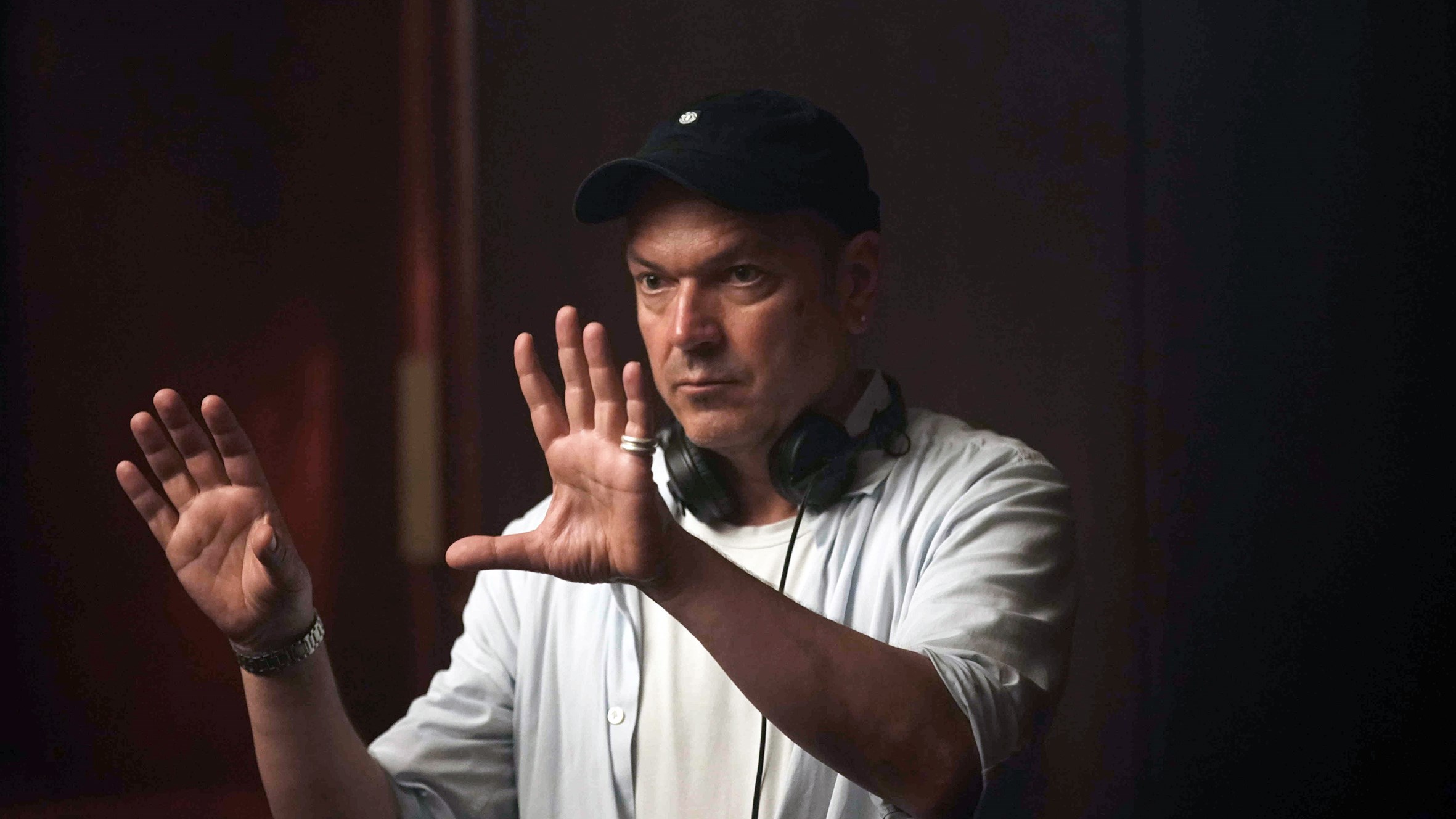




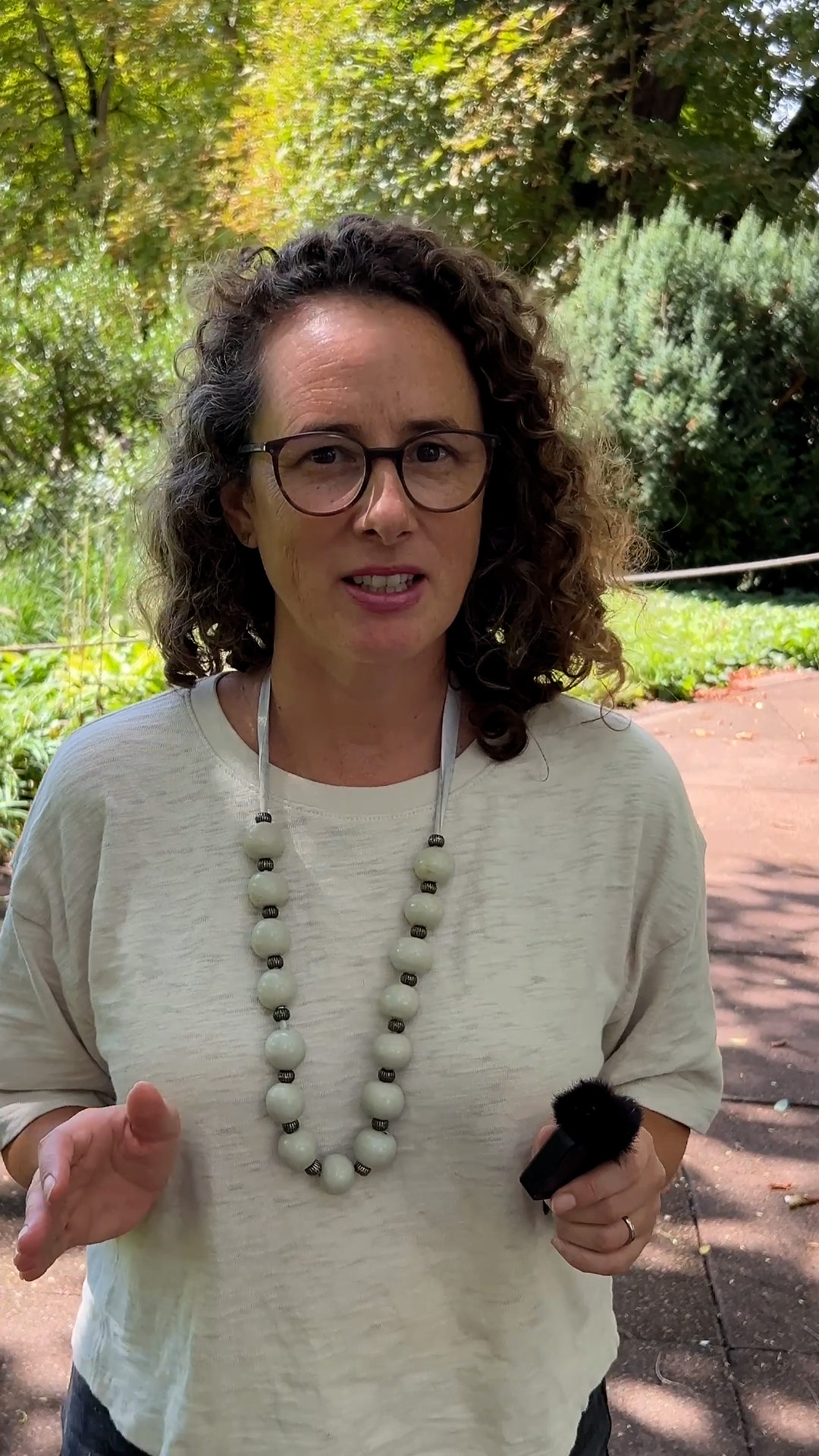




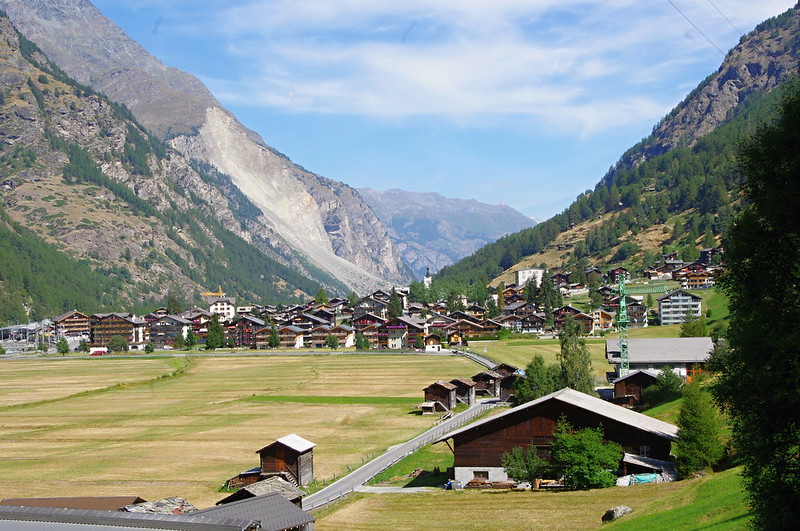
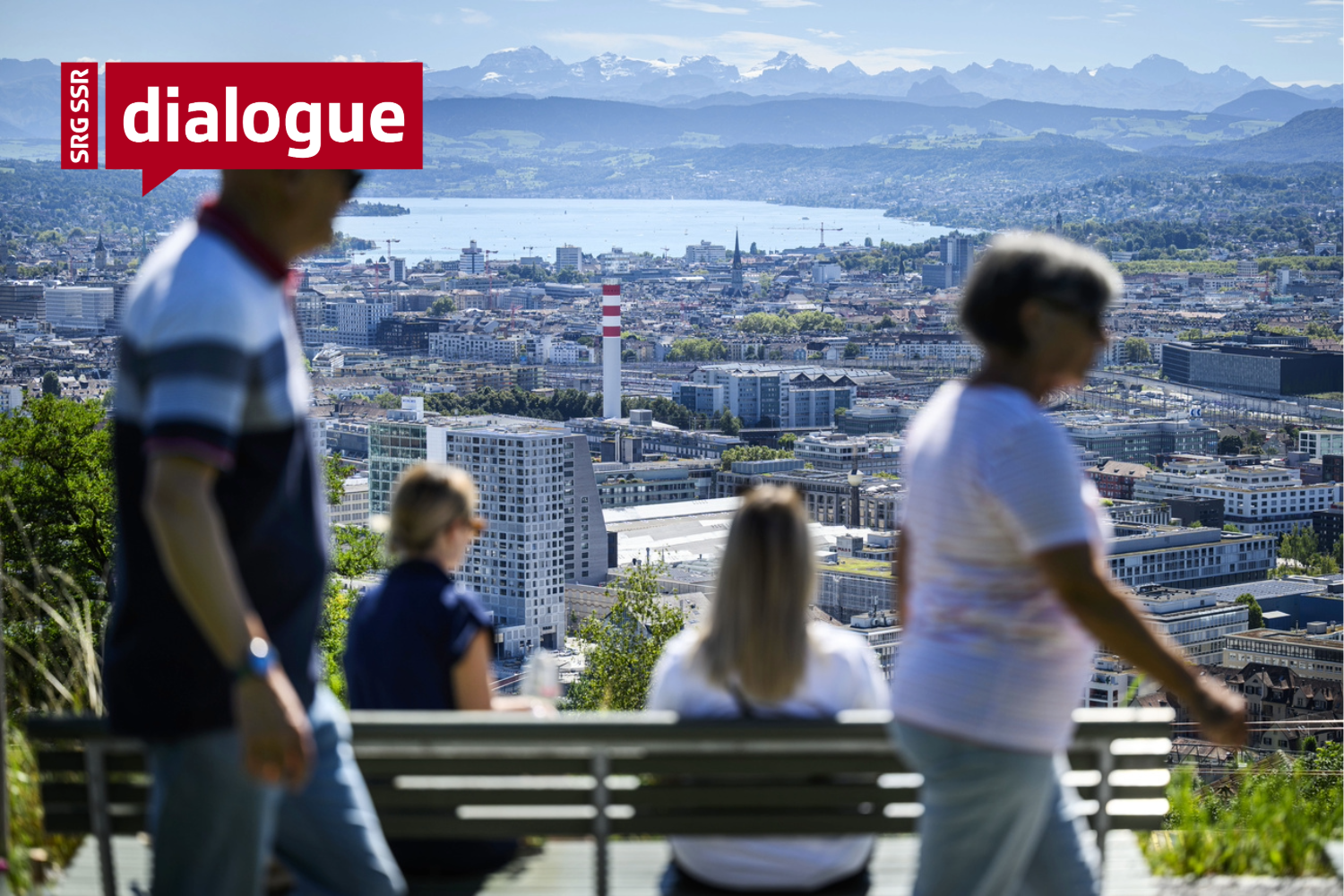





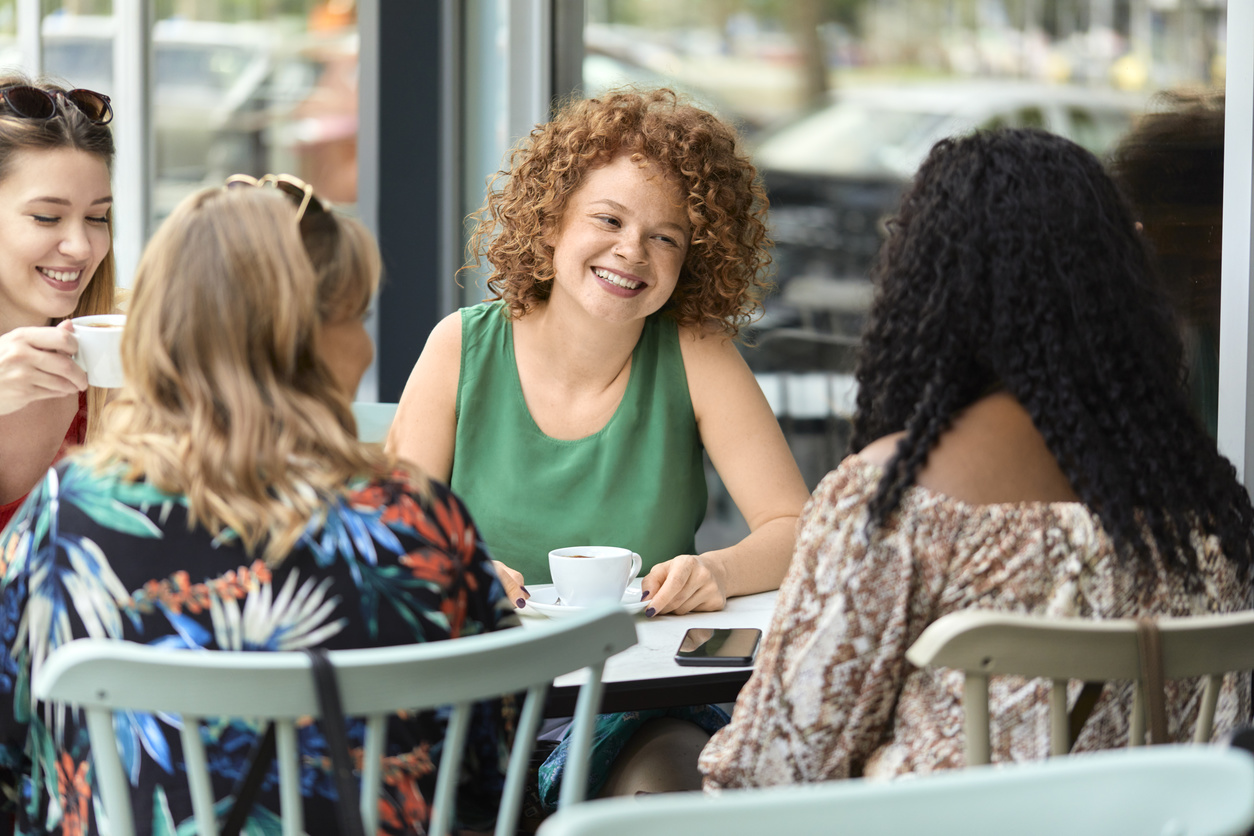




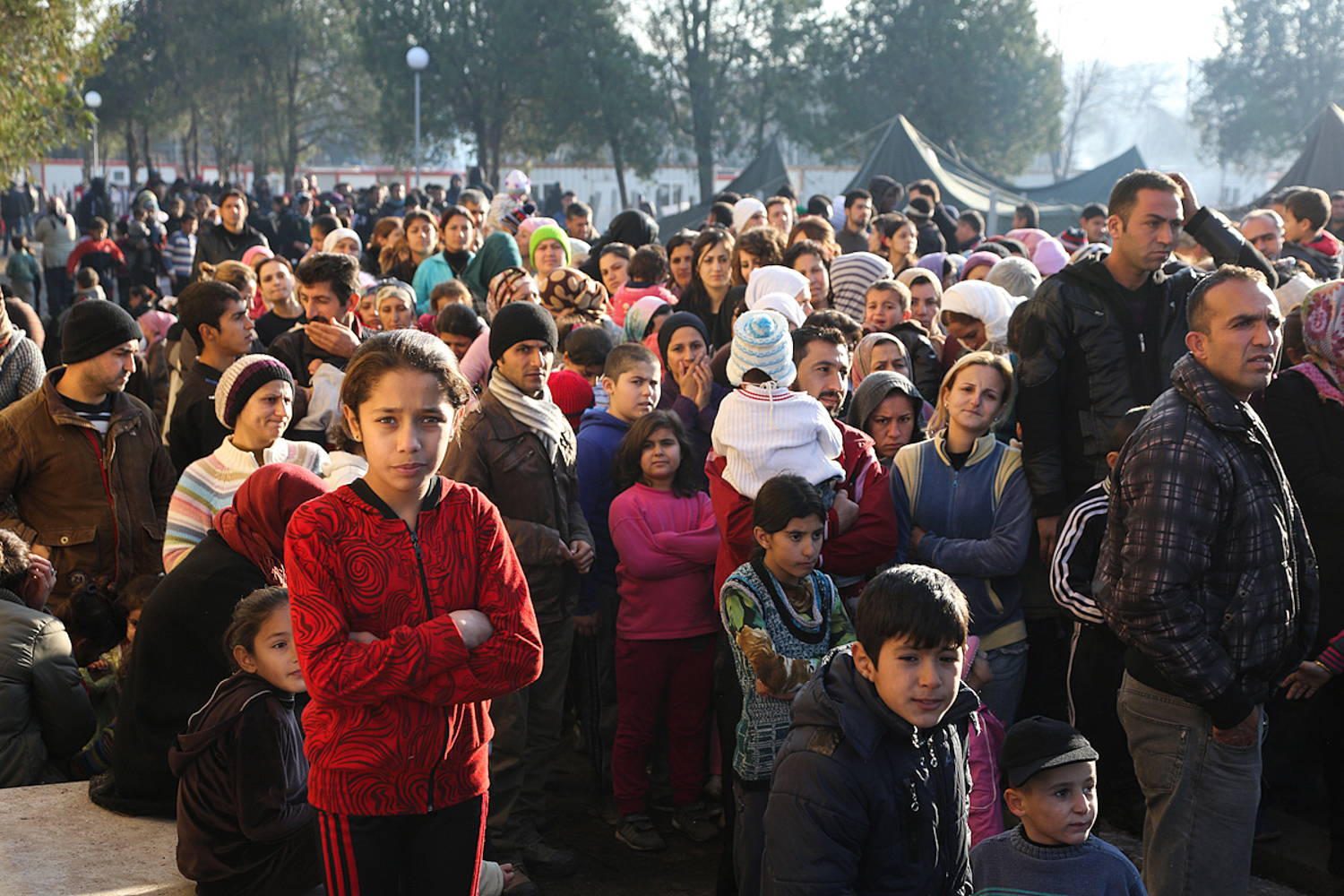

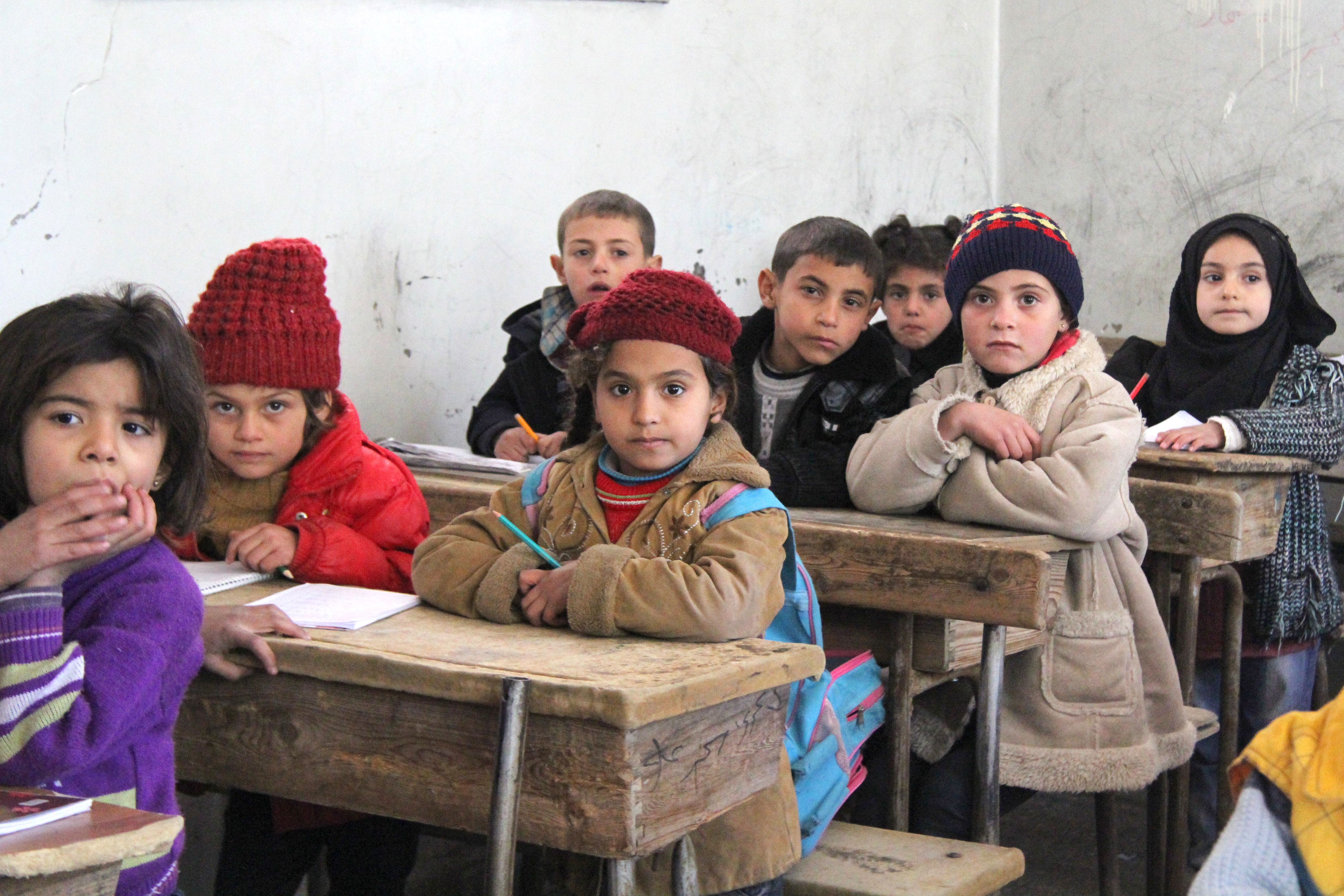

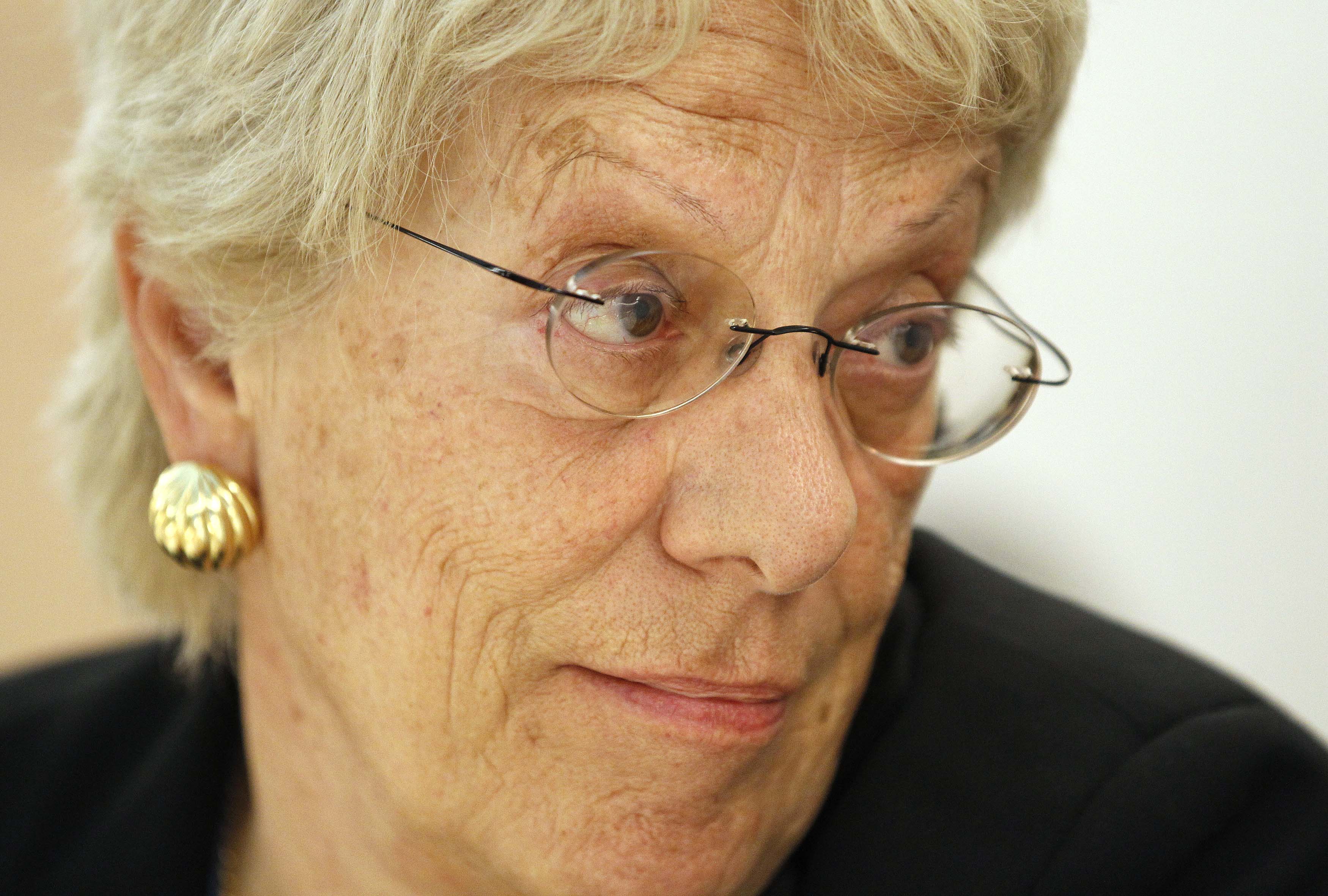

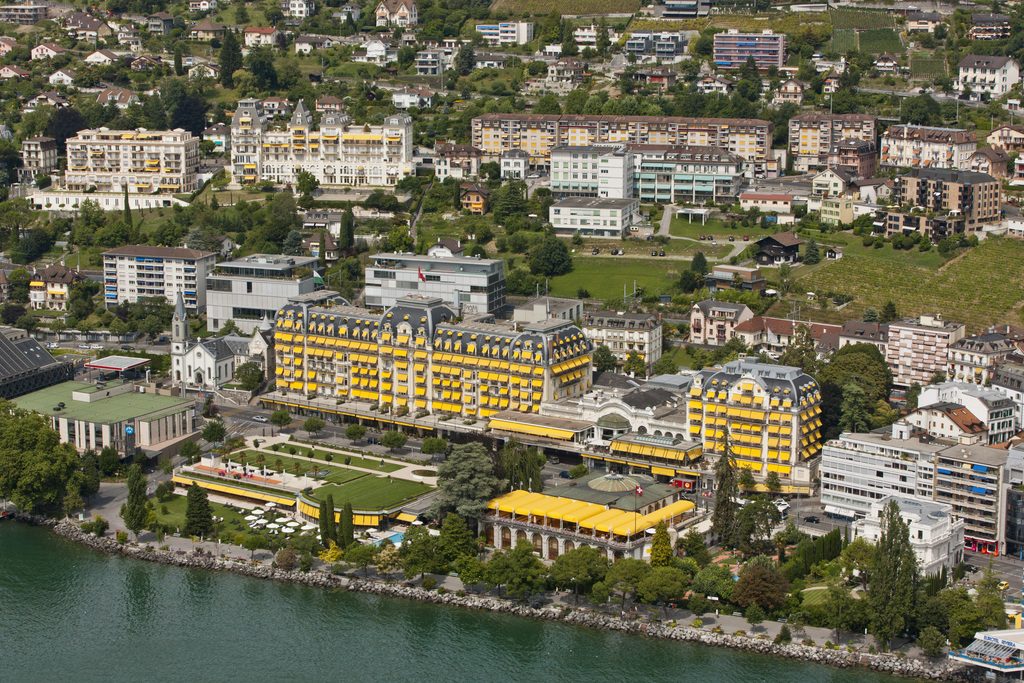
You can find an overview of ongoing debates with our journalists here . Please join us!
If you want to start a conversation about a topic raised in this article or want to report factual errors, email us at english@swissinfo.ch.